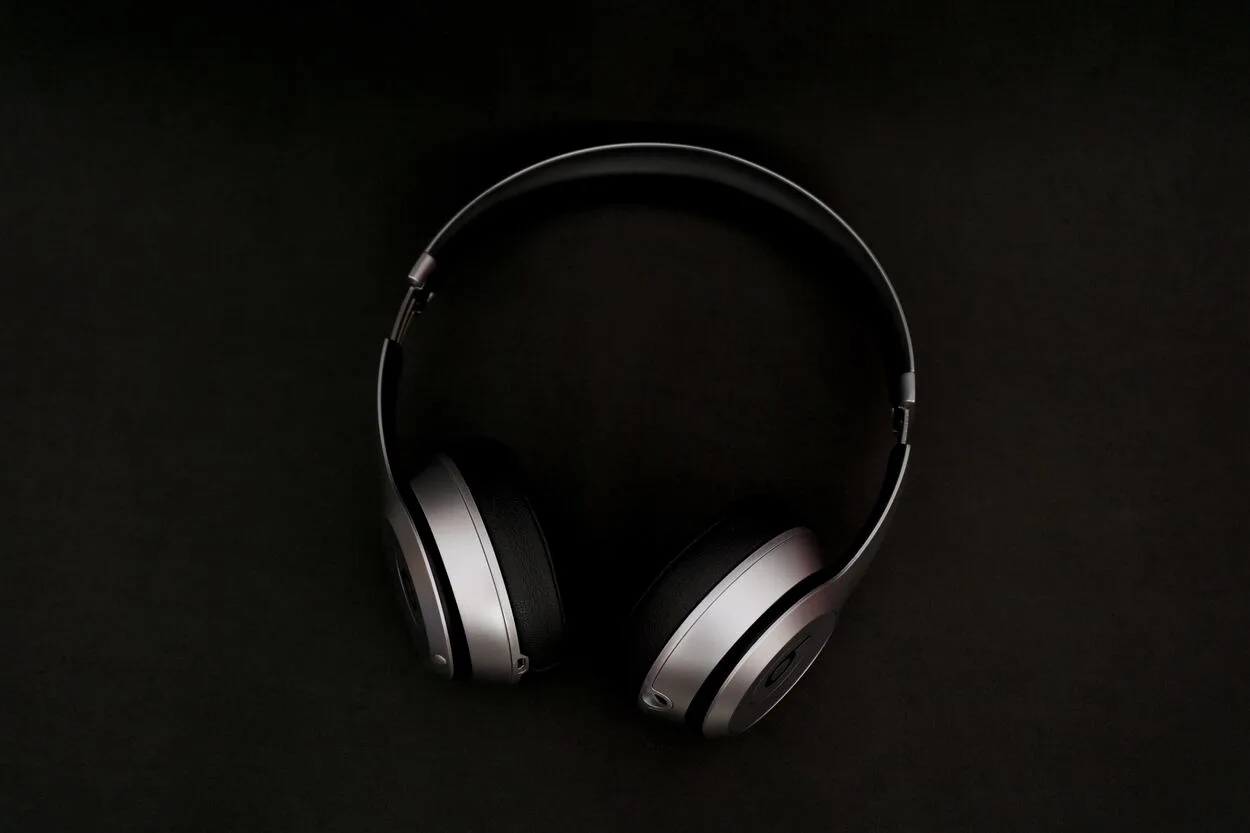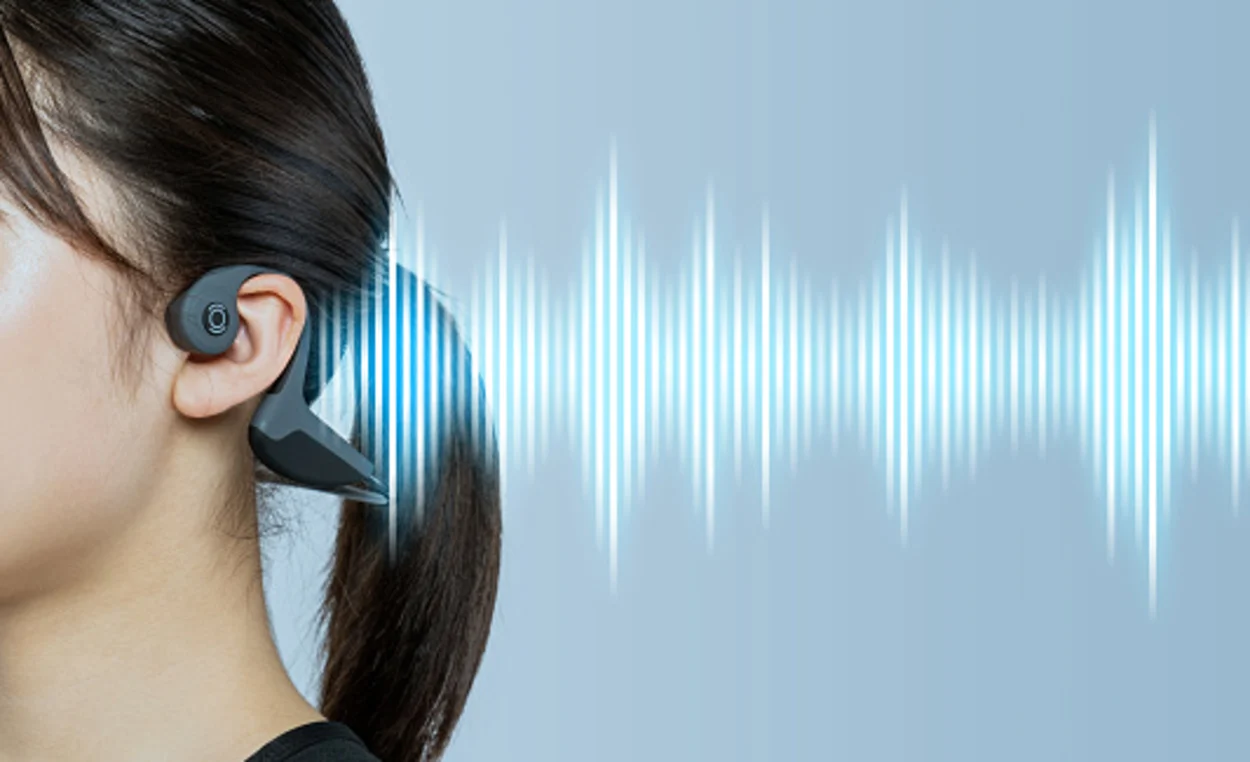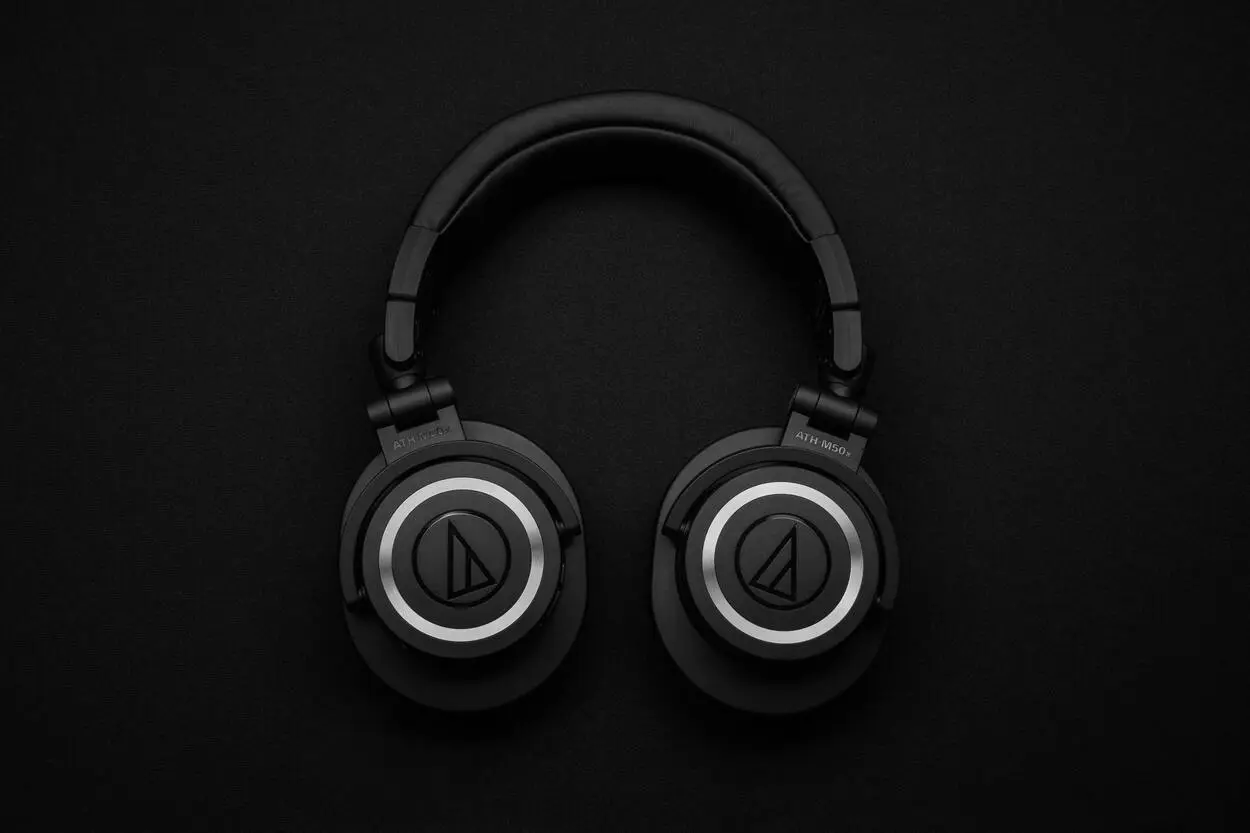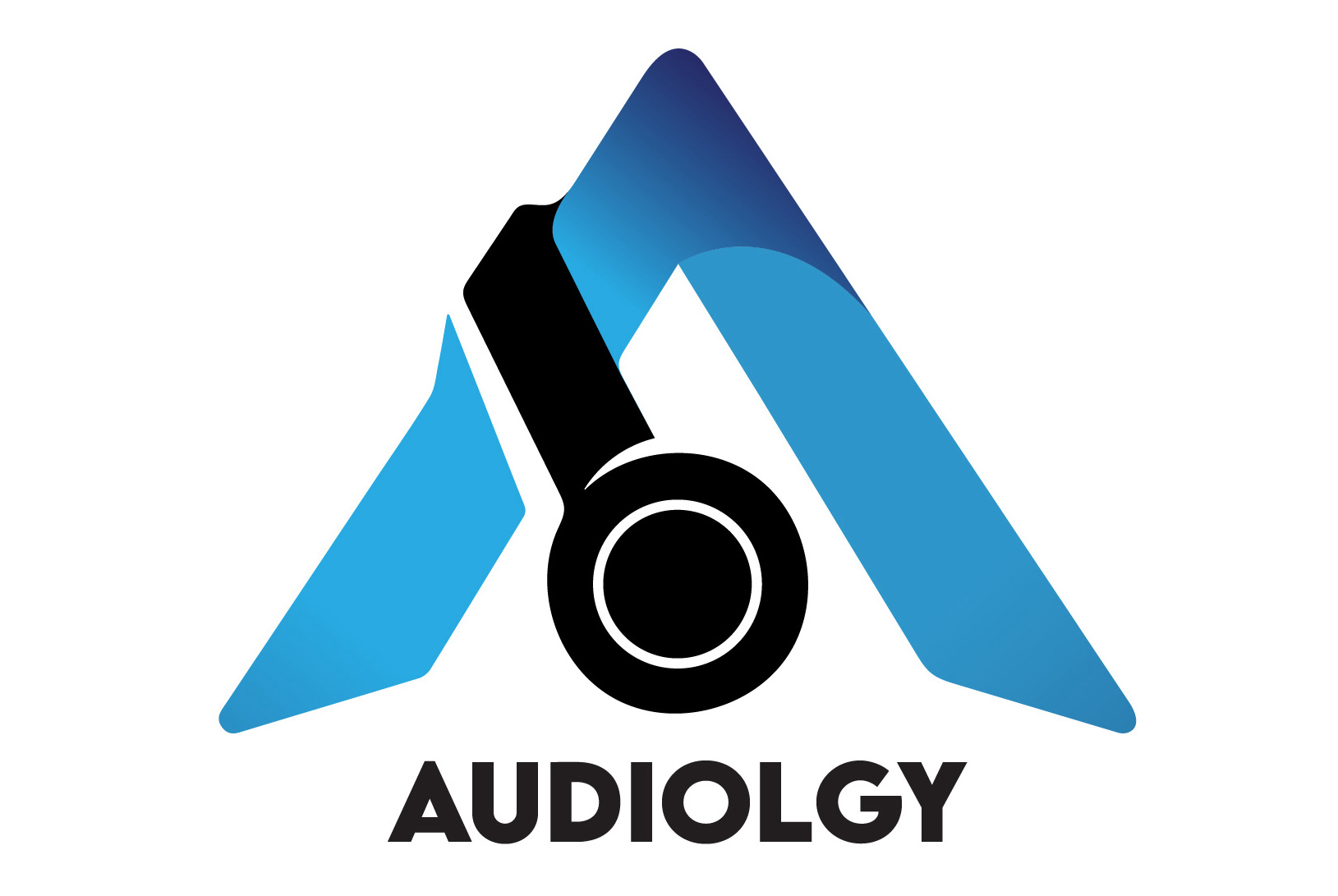Yes, Bone Conduction Headphones have sound leakage.
Since their creative design and technology eliminate the necessity for earbuds or other conventional headphones, bone conduction headphones have steadily risen in importance over time.
In contrast to conventional headphones, bone conduction headphones lie outside the ears and transmit sound through the skull’s bones to the inner ear.
There are concerns about sound leakage and if people nearby can receive sound signals from bone-conduction headphones, due to its design. I’ll talk about sound leakage in bone-conduction headphones in this article, so stay tuned.
Let’s get started!

What is Sound Leakage?
Sound leakage or sound bleed, is the escaping away of sound from your headphones in the surroundings, allowing others to hear what you’re listening to.
Sound leakage is a true nightmare for regular headphone owners, they know what it feels like when random people stare at them on the bus whilst listening to music, thus they ensure to choose headphones that keep them as far from sound leakage as they can.
Particularly in crowded settings, sound leaking may constitute a major problem for those who want to maintain their music personal.
Many people choose noise-canceling options over traditional headphones and earbuds because of the substantial amount of audio leakage that they can cause.
Do Bone Conduction Headphones Have Sound Leakage?
Yes, there is indeed some sound leakage from bone-conduction headphones. However, the quantity of sound leakage is considerably lower than with conventional headphones and earphones.
You must look at why bone conduction headphones rank up against conventional headphones and earphones to comprehend the degree of sound leakage they experience.
Researchers from the University of Michigan examined the sound leakage from various headphones in this study.
According to the findings, bone conduction headphones had the least level of sound leakage, accompanied by open-back, closed-back, and earbuds.
Moreover, researchers from the National Institute for Occupational Safety and Health (NIOSH) looked into the sound leakage from bone conduction headphones in a variety of settings in another research project.
The findings demonstrated that, even in busy surroundings, bone-conduction headphones had extremely low levels of sound leakage.
In comparison to conventional headphones and earbuds, bone-conduction headphones generally have substantially less sound leakage.
Even though there is a little sound leakage until your volume is set up extremely high, it’s doubtful that anyone nearby is going to be able to pick up your music.
Factors That Affect Sound Leakage in Bone Conduction Headphones
Although bone conduction headphones usually exhibit modest amounts of sound leakage, there are a few factors that can change how much of your sound is picked up by individuals nearby. These factors include:
Volume: More sound may likely escape the headphones as the volume is increased.
Fit: There may be additional sound leakage if the headphones do not get securely fastened to the head.
Environment: Even very little sound leaking may be audible in extremely silent settings.
To give a clearer picture of the level of sound leakage in bone-conduction headphones, here is a data table comparing the sound leakage of different types of headphones:
| Headphone Type | Sound Leakage |
| Bone Conduction Headphones | Very Low |
| Closed-Back Headphones | Low |
| Open-Back Headphones | Moderate |
| Earbuds | High |
Which bone-conduction headphones leak the least sound?

Depending on the type and brand of bone-conduction headphones, the degree of sound leakage may vary.
Closed-back bone conduction headphones, though, typically have the lowest sound leakage.
This is so that sound is unable to penetrate the closed-back headphones’ enclosed construction.
The Aftershokz Aeropex and Vidonn F1 are two well-known closed-back bone conduction headphones.
Which headphones do not leak sound?
Though no headphones are noise-proof, noise-canceling headphones have been developed for keeping sound leakage to the barest amount.
Employing revolutionary technology, noise-canceling headphones filter out noise from the surrounding environment, lowering the requirement for loud noise levels and thus preventing sound leakage.
Noise-canceling headphones tend to be a great option you should put a note of if you’re seeking headphones that don’t leak sound.
Can bone conduction damage hearing?
Bone-conduction headphones are firmly believed to be safer for everyday usage and they are unlikely to harm hearing.
But they can gradually harm hearing if worn at loud volumes for an extended length of time, just like any other pair of headphones.
Therefore, it’s crucial to utilize bone-conduction headphones at an appropriate level and to provide your ears with some breaks regularly.
It remains an excellent decision to speak with a healthcare provider if you have any hearing-related issues.
What are the disadvantages of Bone-conduction Headphones?
Although bone conduction headphones offer numerous benefits, some drawbacks should be borne in mind. The following are a few of the most prevalent drawbacks:
Sound quality:
Bone conduction headphones’ audio quality might not be as excellent as that of conventional headphones or earphones.
This is because the skull’s bones act as a route for audio rather than the atmosphere. This might produce a slightly distinct audio quality that not everyone will like.
Comfort:
Bone conduction headphones might not be as cozy for everyone compared to conventional headphones or earbuds.
This is because the headphones could become uncomfortable over time. After all, they rest on the cheekbones or just on top of the ears.
Price:
Compared to conventional headphones or earphones, bone-conduction headphones are quite more costly. This is a result of the technology’s recent development.
Battery life:
The power lifespan of numerous bone-conduction headphones tends to be shorter than that of conventional headphones or earbuds. This is because greater power is needed by the equipment for transmitting audio through the bones of the head.
Sound Leakage:
Bone conduction headphones nevertheless possess a little sound leakage, which may be audible in calm settings, while having a lesser amount of sound leakage than conventional headphones or earbuds.

Conclusion
- There are slight chances of sound leakage with bone-conduction headphones, although it’s relatively less than with conventional headphones and earphones.
- Even during the most extreme scenario, the degree of audio that leaks through bone-conduction headphones isn’t going to annoy individuals around.
- Instead, it depends on factors including loudness, fit, and surroundings.
- Lower your volume if you’re worried about audio leaking, or go with a set of closed-back bone conduction headphones to further cut down on leakage.
- For people who prefer to pay attention to music without obstructing their view of the outside world, bone-conduction headphones are a terrific choice.
- Since they let you notice your environment while still listening to music, they are especially helpful for outdoor pursuits such as walking or biking.
- While some people worry about sound leakage, bone-conduction headphones have very little sound leakage, making them an excellent option for those that wish to enjoy listening to music in public places without bothering others.
Related Articles
What Is The Purpose Of a Headset In a Computer? (Explained)
